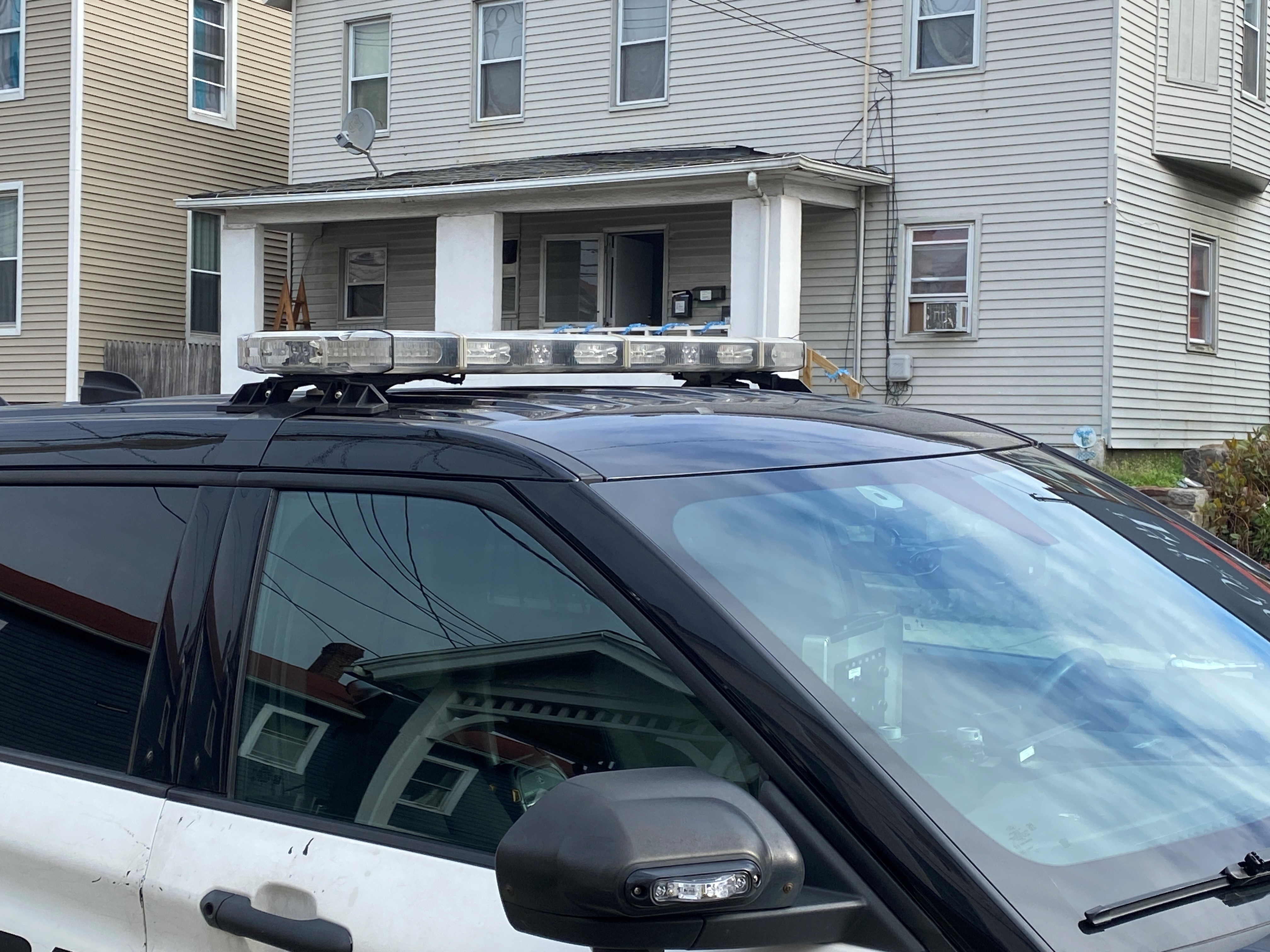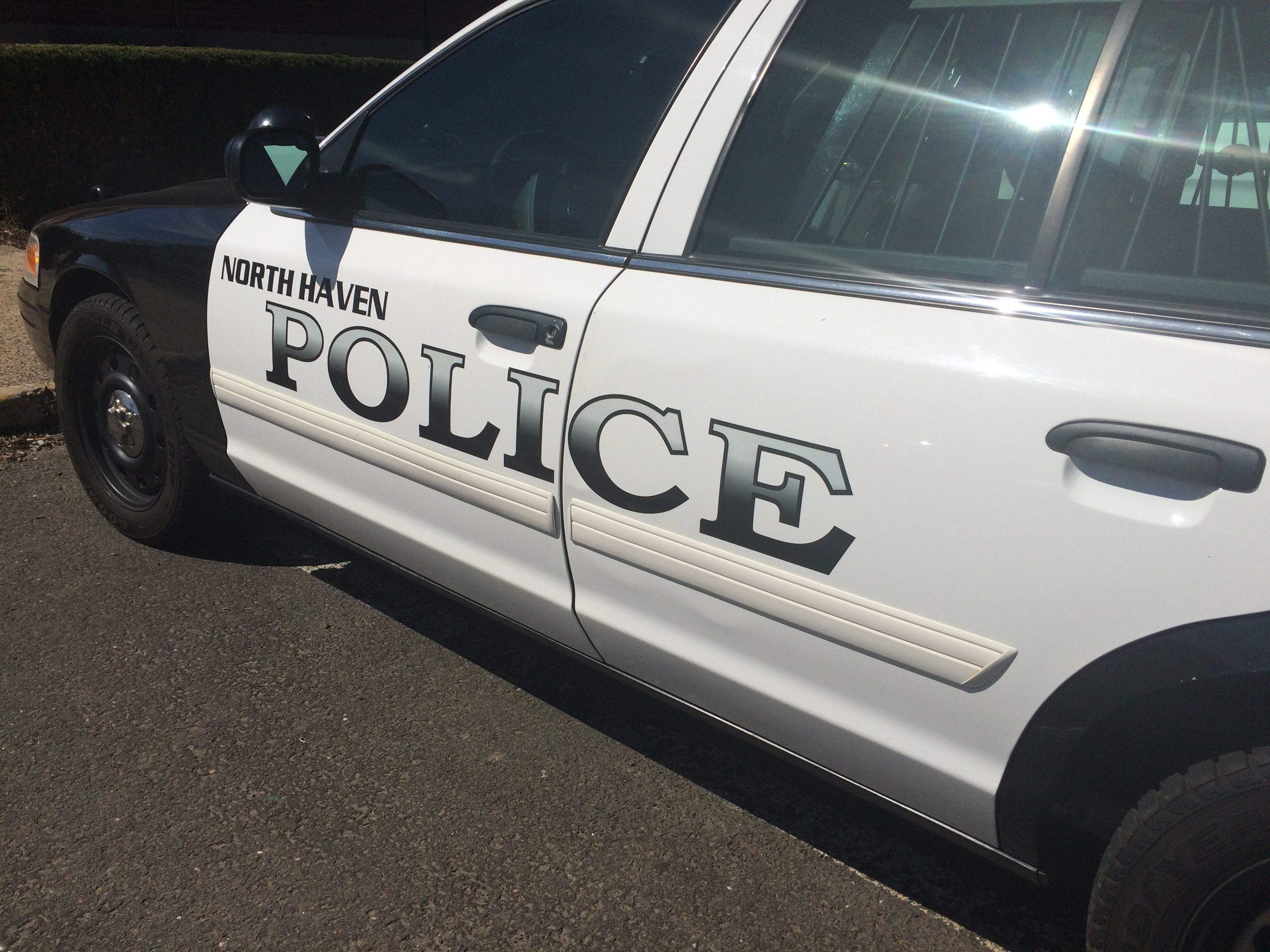Researchers in Connecticut are trying to help unravel a mysterious condition linked to COVID-19 that affects some kids.
And now the feds are backing up that effort with some serious money.
“We were very excited,” said Dr. Juan Salazar, Connecticut Children’s physician-in-chief.
Salazar found out the National Institutes of Health has awarded money to his project to study a rare and severe after-effect of COVID-19 in kids called Multisystem Inflammatory Syndrome.
“That inflammation then starts attacking the heart, blood vessels, brain, kidney, the lungs in a way that can be quite dramatic,” said Doctor Salazar.
In the past four months about 80 kids at Connecticut Children’s were suspected of having the syndrome, which usually develops several weeks after being infected with the virus.
Local
Families usually show up with kids suffering from symptoms such as high fever, rash or red eyes.
But it’s been a real challenge trying to figure out if they are suffering from the syndrome because it can resemble other diseases. Now researchers have set out to solve that.
Salazar, his team and others are trying to make it easier to catch with a high-tech device.
“With the aid of this very specific chip that we are developing, come up with a way to diagnose the disease quickly, effectively, ideally point of care at the bed side,” said Doctor Salazar.
That could mean starting treatment earlier instead of having to potentially wait days.
Connecticut connections run strong for this project: from work at Connecticut Children’s to a lab in Farmington to UConn to the chip manufacturer in East Hartford.
And another goal for the team is for the chip to eventually help beyond the syndrome, also known as MIS-C.
“Hopefully this is something that will lead us to diagnosis, not only for COVID-19 and MIS-C, but other conditions that affect children and adults for that matter,” said Doctor Salazar.
The research grant is for up to about $3.5 million and this project was one of just eight in the nation chosen.
Studies will also look at factors for why COVID-19 is more severe with some kids and the chances of the syndrome developing.



